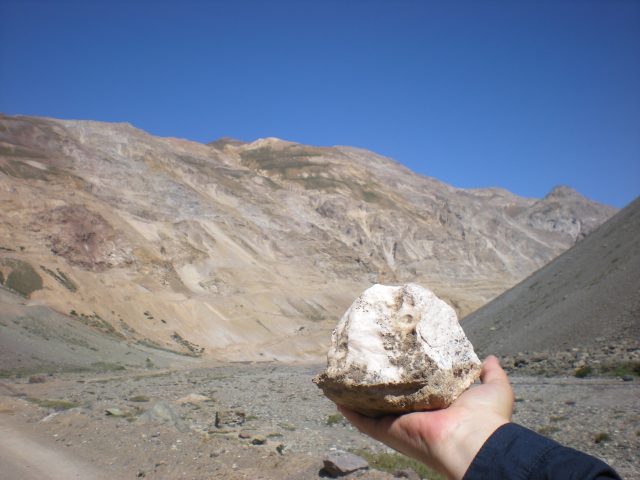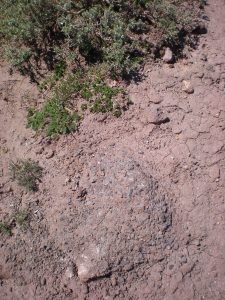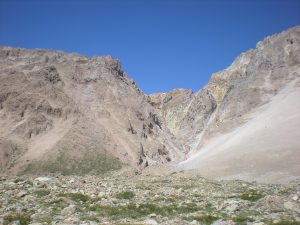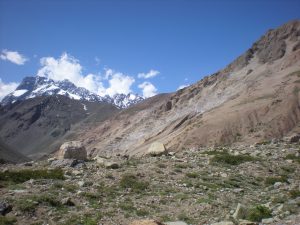Announcement
With pleasure we announce that the 3rd International Workshop on Gypsum Ecosystems which will be held in 2022, in Almería, Spain. The Symposium is sponsored by the GYPWORLD H2020 and organised jointly by the University of Almería.
.
Background
The main aim of the Workshop on Gypsum Ecosystems Research is to bring together biologists. botanists, The main aim of the Workshop on Gypsum Ecosystems Research is to bring together biologists. botanists, ecologist, and soil scientists from all around the world who work actively in this field. This conference is the third in a series of International workshops organised as part of the activities of the H2020 GYPWORLD project. It will continue to offer an International forum to interested scientists from around the world to present and discuss research results in all aspects related to GYPSUM ecology. Following the success of previous meetings of the GYPNET network and the first GYPWORLD events in Ankara (2018) and Reggio Calabria (2019). Almería University is now hosting this exciting event which aims at consolidating current research on all aspects related to gypsum ecosystem.

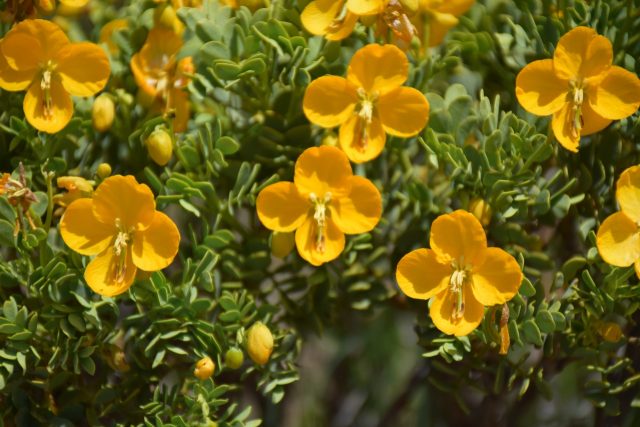
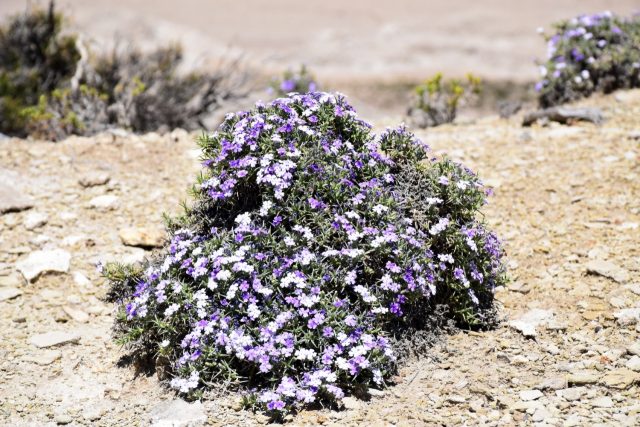
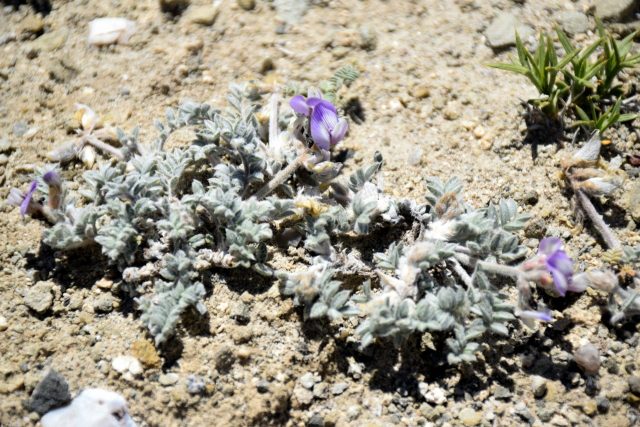
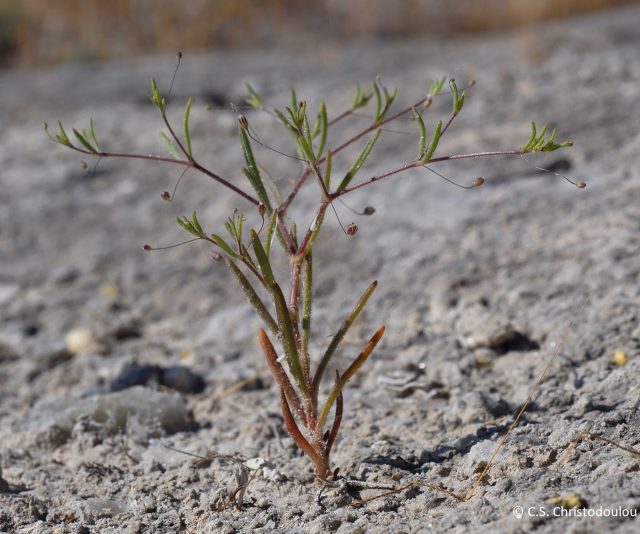
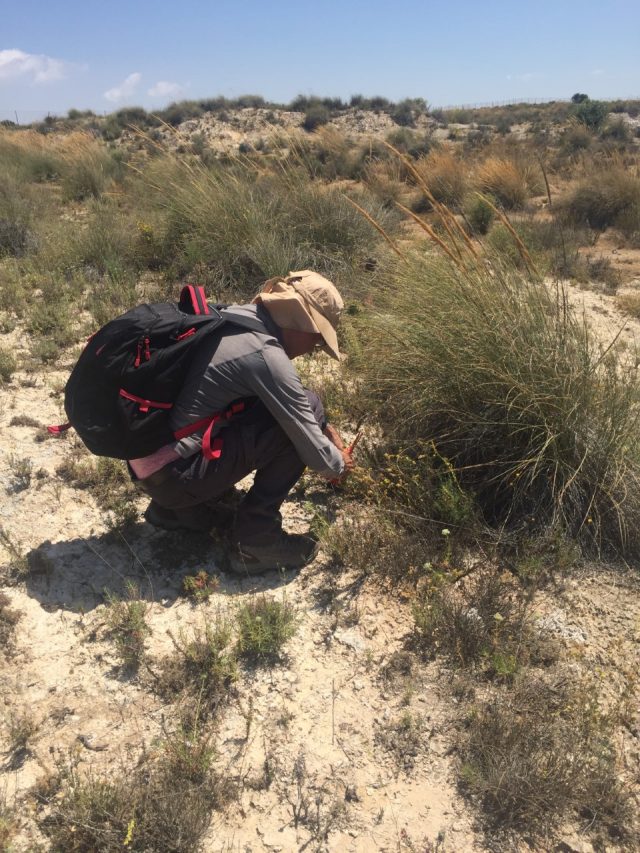


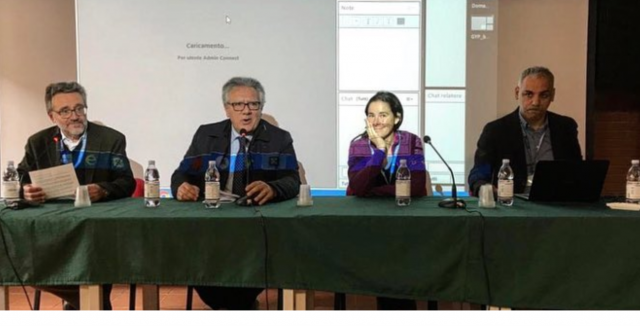
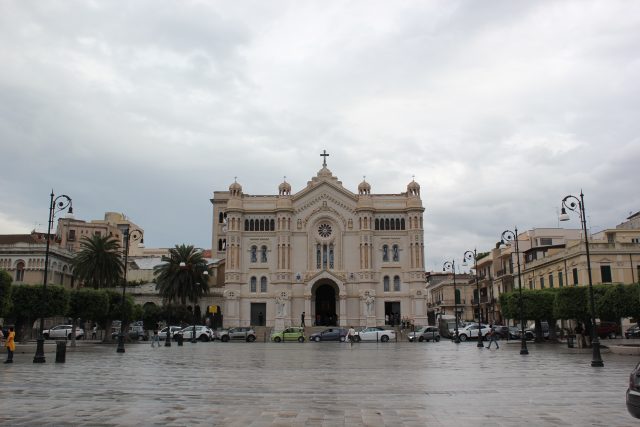
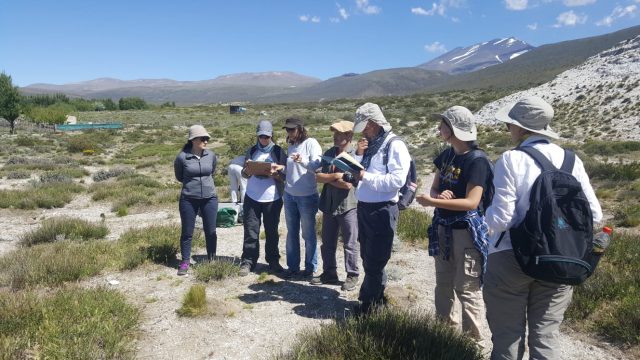
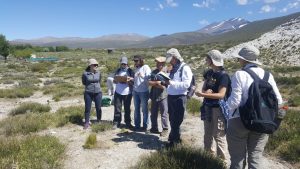 Anibal Prina from the Universidad Nacional de La Pampa, Argentina hosted Portuguese, Turkish and Spanish teams from the university of Coimbra, the University of Ankara and the University Rey Juan Carlos respectively.They visited the gypsum area in Neuquén, Argentina in November 2018.
Anibal Prina from the Universidad Nacional de La Pampa, Argentina hosted Portuguese, Turkish and Spanish teams from the university of Coimbra, the University of Ankara and the University Rey Juan Carlos respectively.They visited the gypsum area in Neuquén, Argentina in November 2018. 